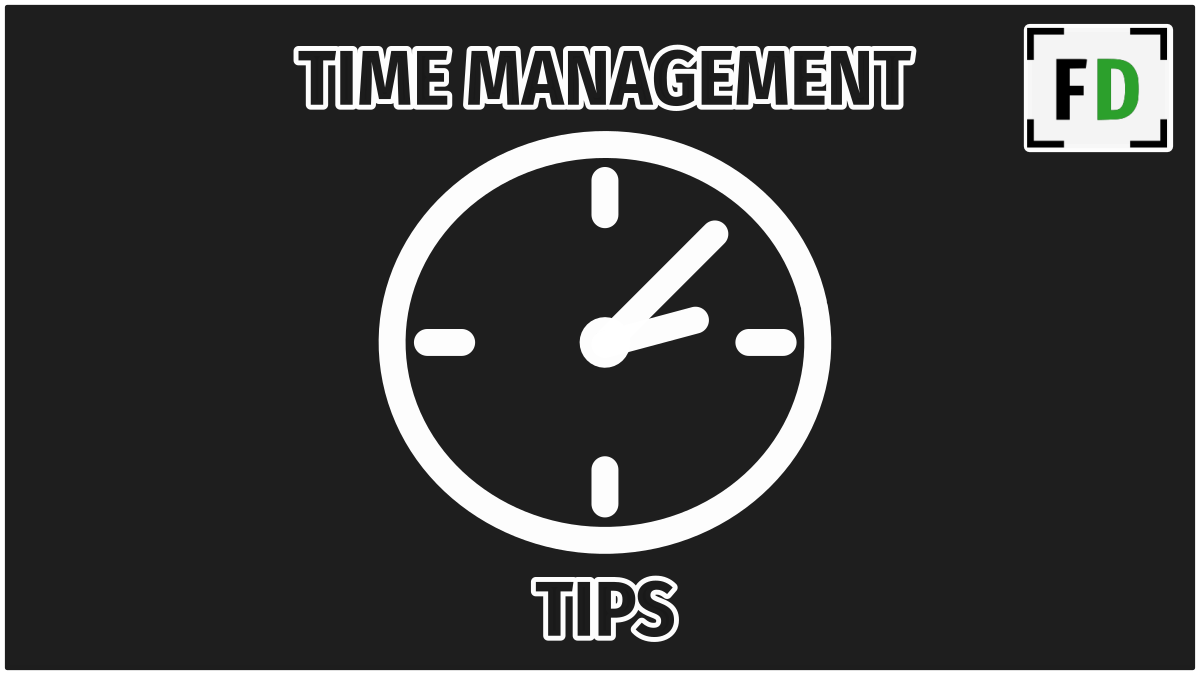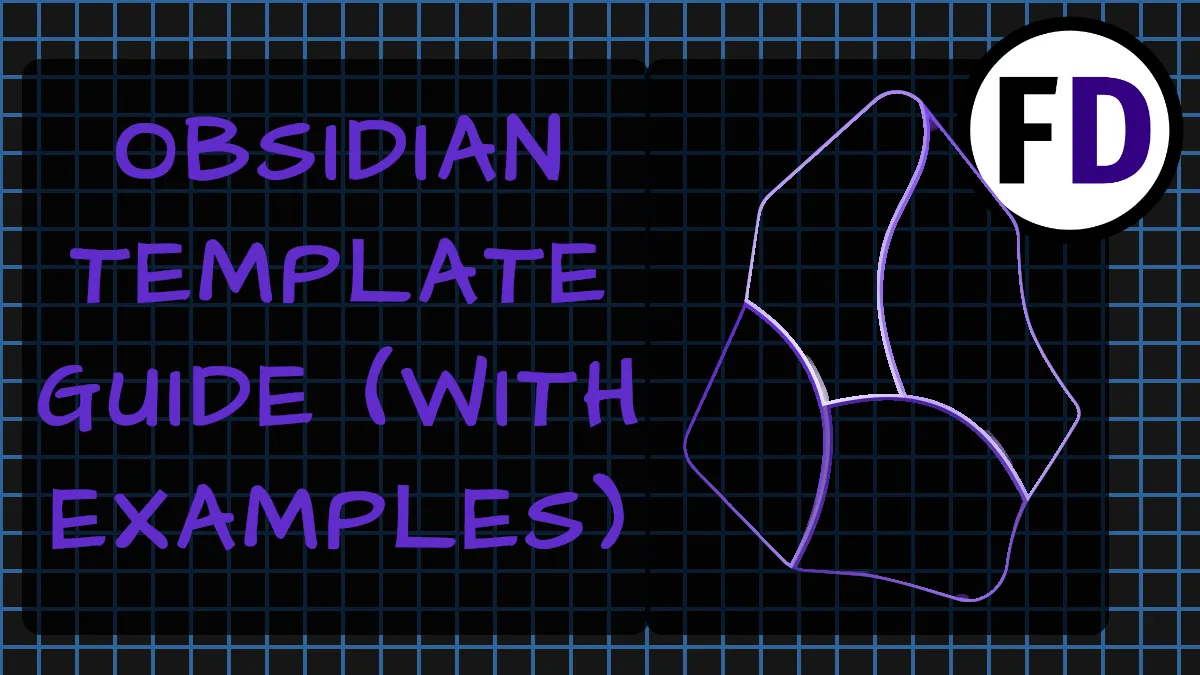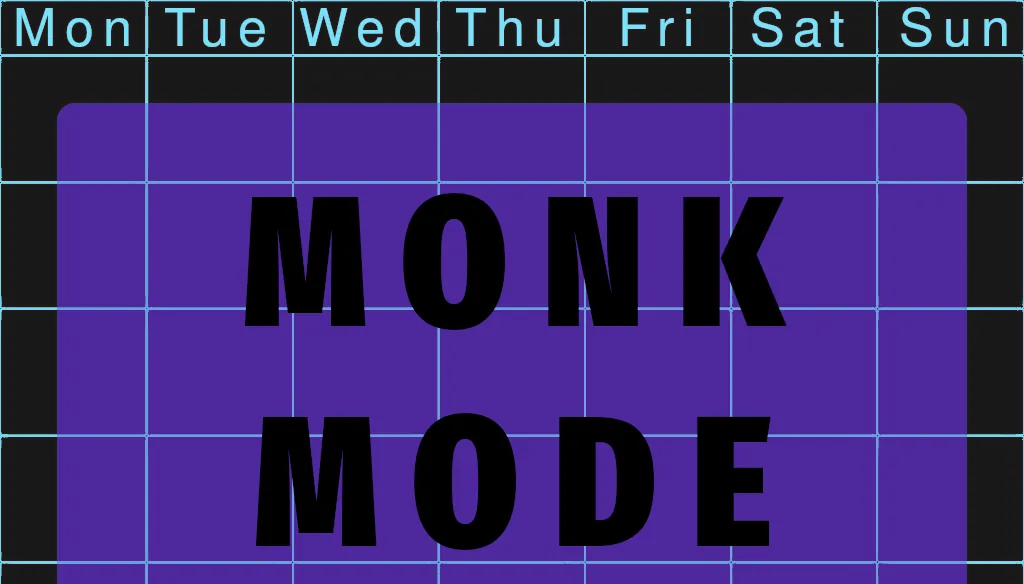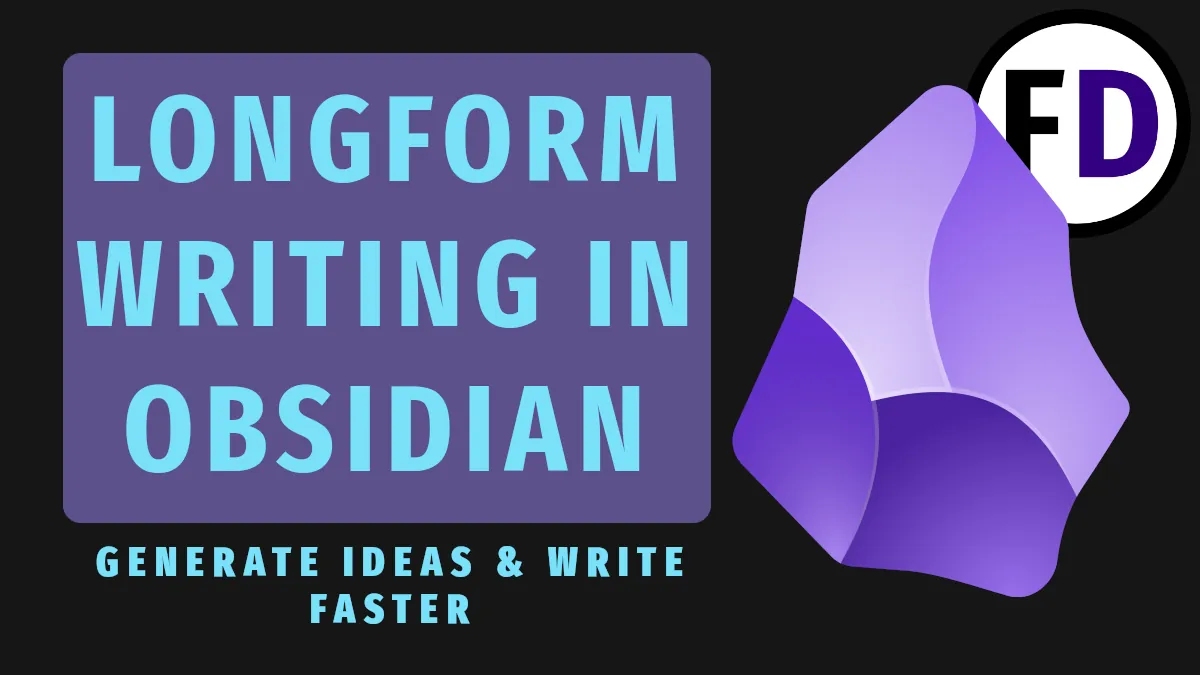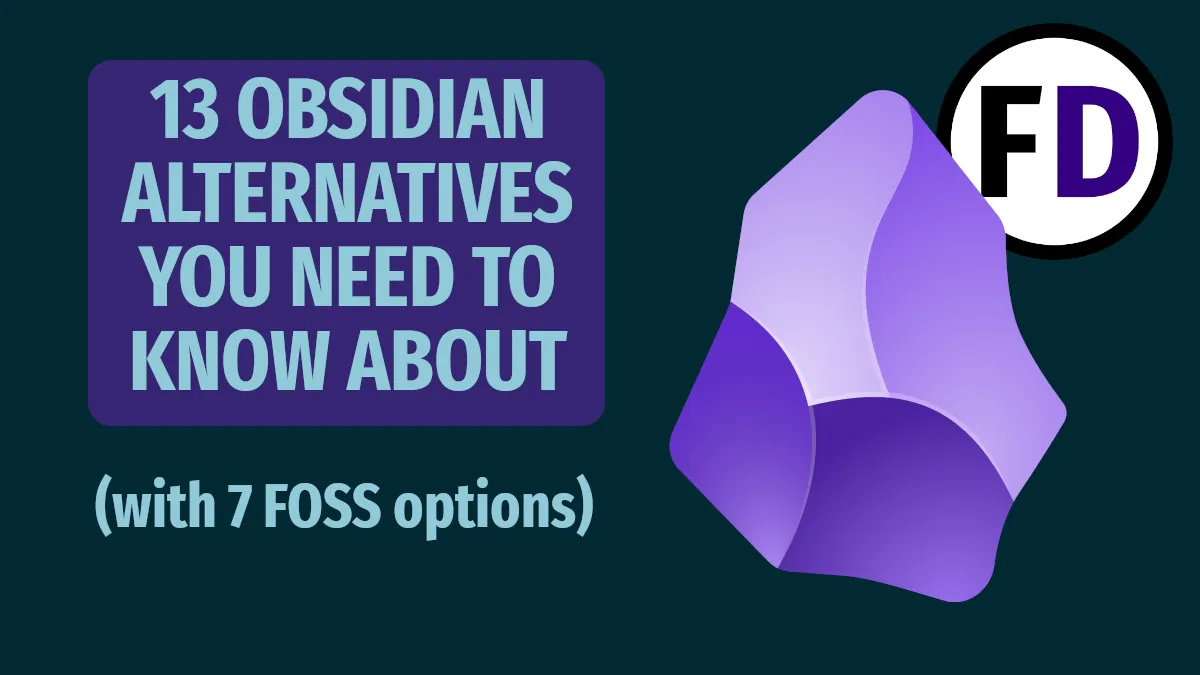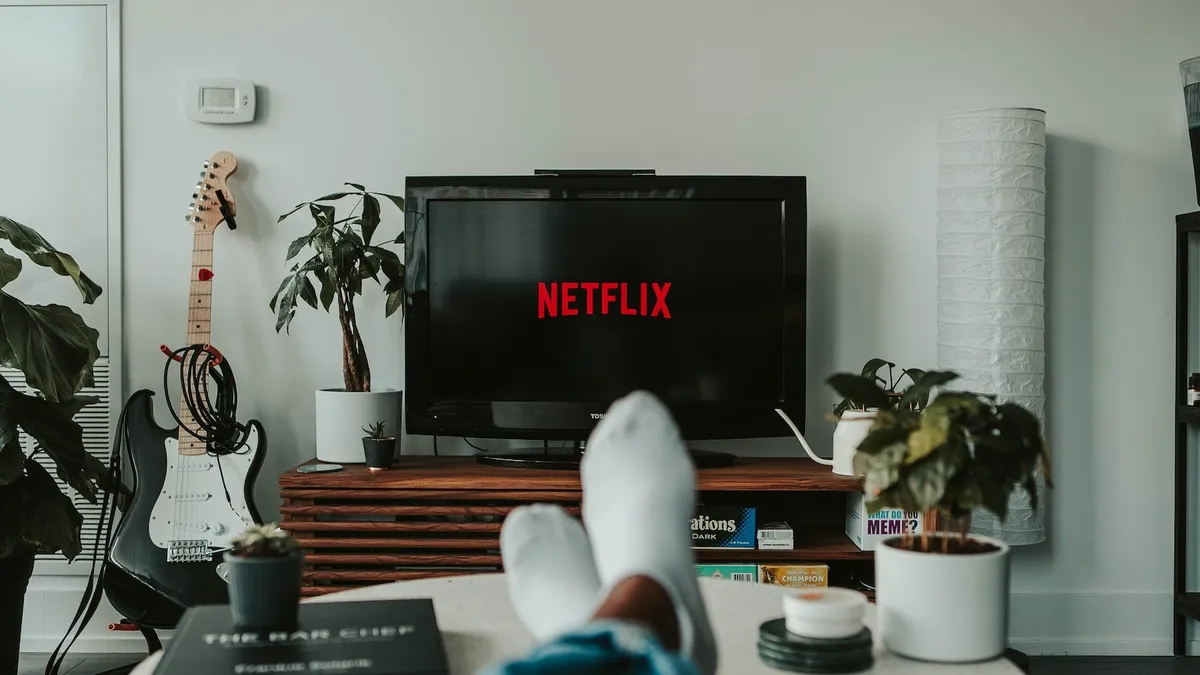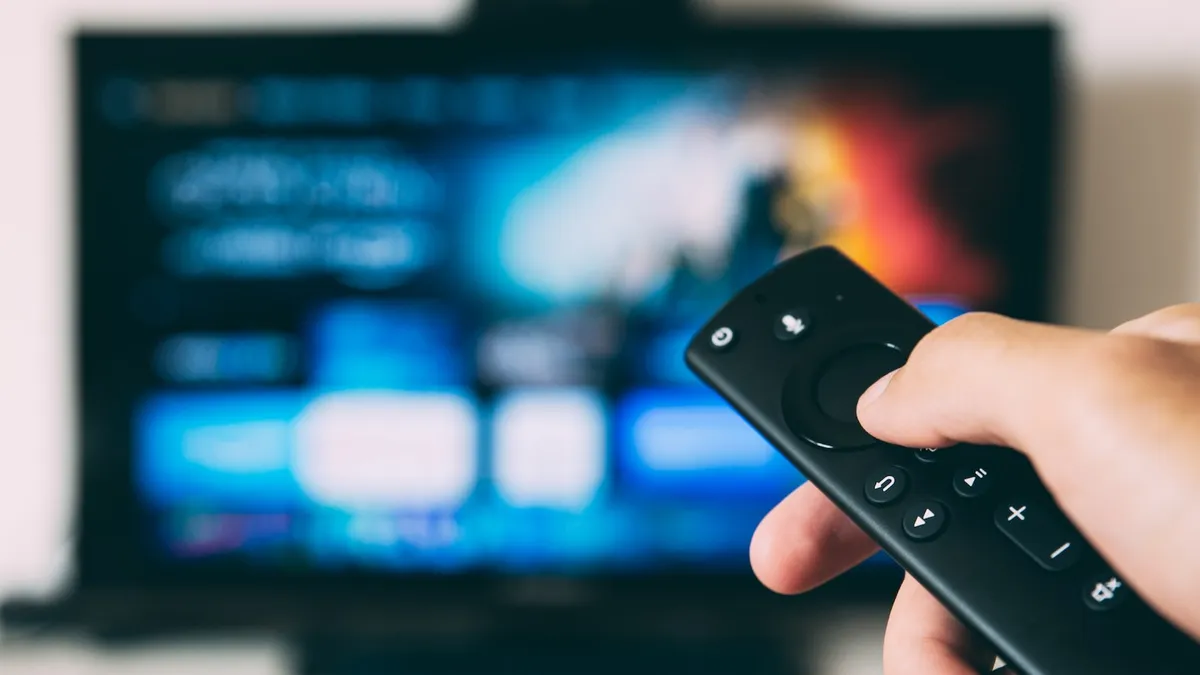Whether you know it or not, decision fatigue affects all of us. Reducing the number of decision you make each day results not only in better decision making but more importantly more mental energy and willpower. The 5 ways to reduce decision fatigue found in this post will help you produce more, do more and feel better while doing it.
How to reduce decision fatigue?
- Meal Plan
- Outfits
- Create a daily list
- Use a productivity system like GTD
- Get on a program
What is Decision Fatigue
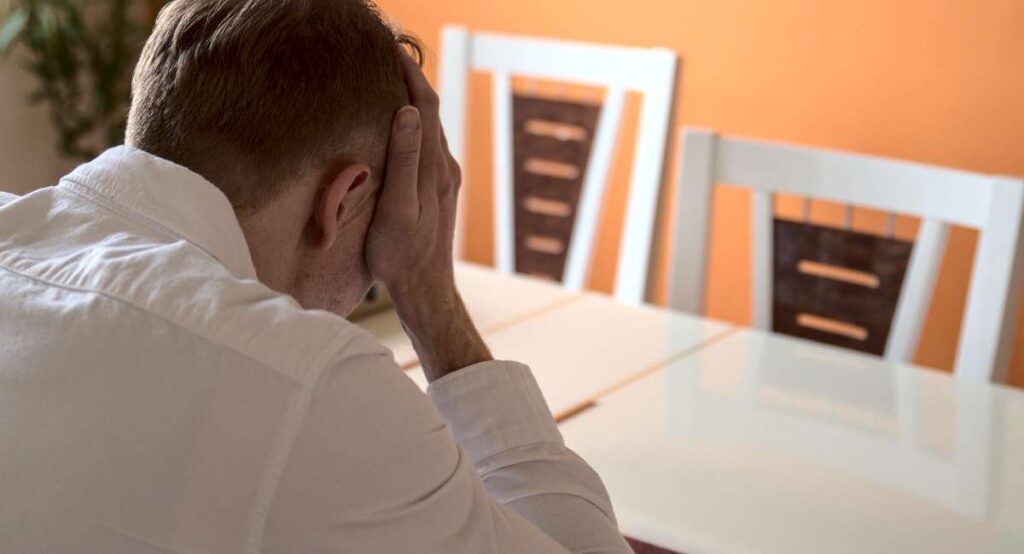
Decision fatigue is a complex phenomena that we are only beginning to understand. In this New York Times article, John Tierney described it this way:
“The more choices you make throughout the day, the harder each one becomes for your brain”
John Tierney
Decision fatigue is the feeling of mental weariness you get after an intense period mental work, after making a large number of decisions or an accumulation of fatigue due to prolonged assertion of willpower. Tierney continues “you’re not consciously aware of being tired — but you’re low on mental energy.”
Meal Planning to Reduce Decision Fatigue
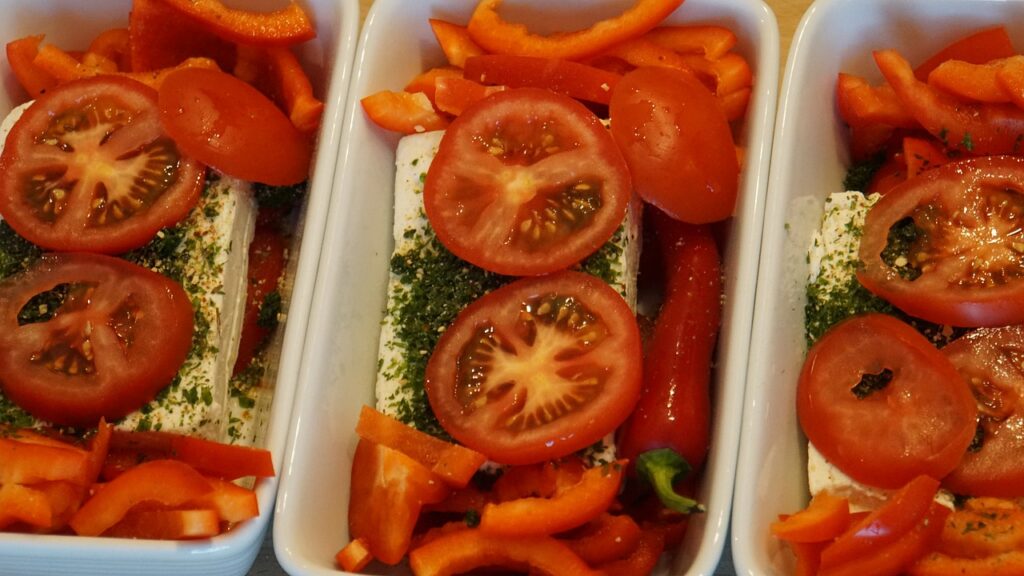
One way of reducing decision fatigue is by reducing the number of decisions you need to make each day. By meal planning ahead of time you can reduce at least three decisions you would normally need to make every day. There are three ways you can do this from very little initial effort to a lot of initial effort. The more effort you do up front the less you will need to decide (and do later)
Pre Decide
By pre-deciding you meals for the week, you will no longer need to rack your brain wondering what to have for lunch. This saves you precious mental energy for the afternoon so you can make better decisions and get more done. When you get home in the evenings you wont need to worry about what to cook for dinner.
Pre deciding your meals is easy write a list of each day of the week with three bullet points for each day, one for each meal. Write out what you’re going to eat for each meal for the whole week.
This might include things to cook, fast food or meals at a restaurant. It doesn’t matter, just write it down.
Ask yourself do you have everything you need to eat these meals. This may include ingredients, equipment or recipes. Anything you need to get put on a todo or shopping list.
If you decided on a week’s meals that’s 21 less decisions to make this week!
Pre prepare
If you want to take it to the next level you can pre-prepare your meals for the week.
To pre-prepare you will need to have already decided what you will have for each meal this week, then you can prepare anything to make those meals easier to make. This could mean portioning (into containers in the fridge/freezer) out each meal, washing or chopping vegetables or marinating, ready to cook.
Pre-preparing reduces the micro decisions we all make moment to moment, such as “Which knife should I use to cut these, which side of the chopping board? Slice or dice? Is this small enough?” We are making these types of decisions all the time, you probably don’t even notice them most of the time but they are taking a toll on your mind.
The idea behind pre-preparing your food is that all you need to do is cook it. For me that usually means just putting my pre-prepared meal into a pan with some oil.
Pre cook
The ultimate meal planning is actually pre-cooking your meals for the week. This is likely to take a couple of hours but it will save you more time throughout the week, not to mention the number of decisions you wont have to make.
To pre cook your meals for the week, decide what you will have and batch make it, portioning it into meal size containers which you can either store in the fridge or freezer
Limit Your Outfits to Limit your Decision Fatigue

This is a decision most of us only need to make once a day. But some people place so much importance and use so much energy deciding what to wear that they are drained before they’ve even left the bedroom in the morning.
The truth is that there is some evidence to show that dress is important for making a good first impression but if you are spending the day with the same colleagues you see everyday, the way you look makes very little difference.
There is a time and place to make sure you look your absolute best but if you’re looking to be as productive as possible it could be that those brain cells would be better spent somewhere else.
Mark Zuckerberg, Steve Jobs and Simon Cowell are in good company as even Barack Obama was known for wearing the same thing every day when he was in office. When asked about it he replied “I’m trying to pare down decisions, I don’t want to make decisions about what I’m eating or wearing—because I have too many other decisions to make.”
Create a Daily List
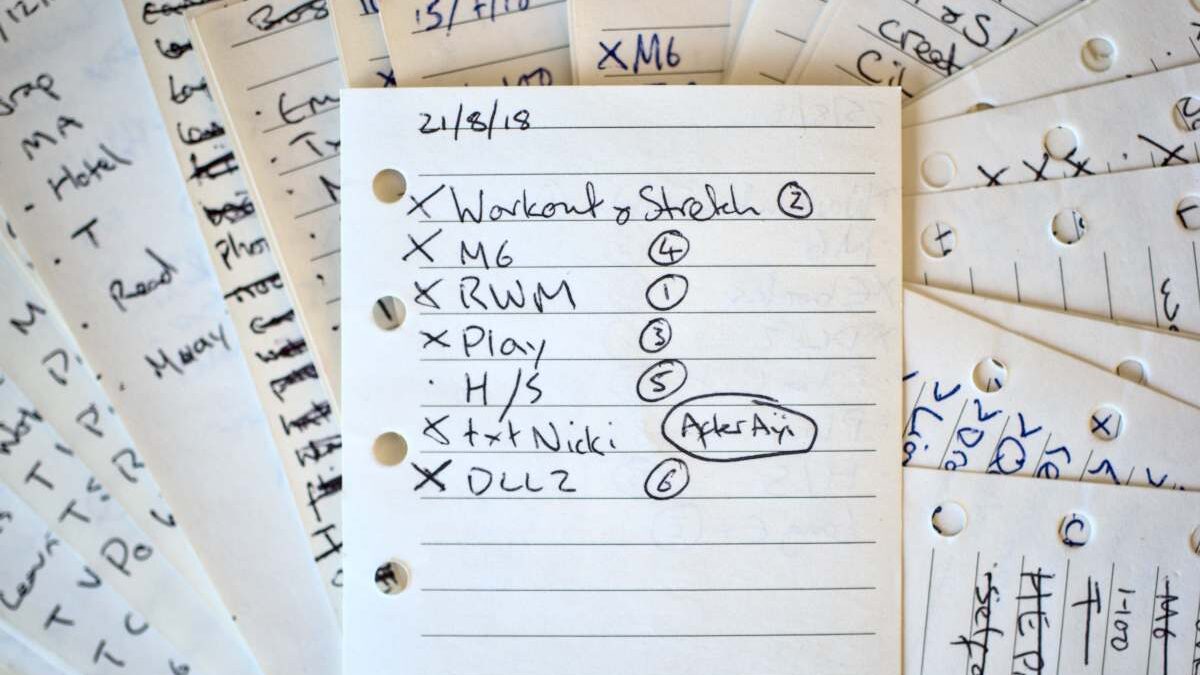
Think about all the things you do each day. Write something up for your boss, call a client, send out a group email to your team etc. After you complete each task, you have to think of what else you need to do and then decide which to do next. We don’t notice it but we are doing this over and over again every day.
This non-stop recalling and decision making leave us drained at the end of the day. But there is an alternative – the daily list.
Making a daily list in the morning, you think of all your tasks, write them down and order them. This way you no longer have to recall what you have to do that day and you no longer have to decide what to do next. You don’t have to think at all, just do.
You get to save all your thinking for your productive and creative tasks when you really need it. Let the list tell you what you need to do.
Get on a Program
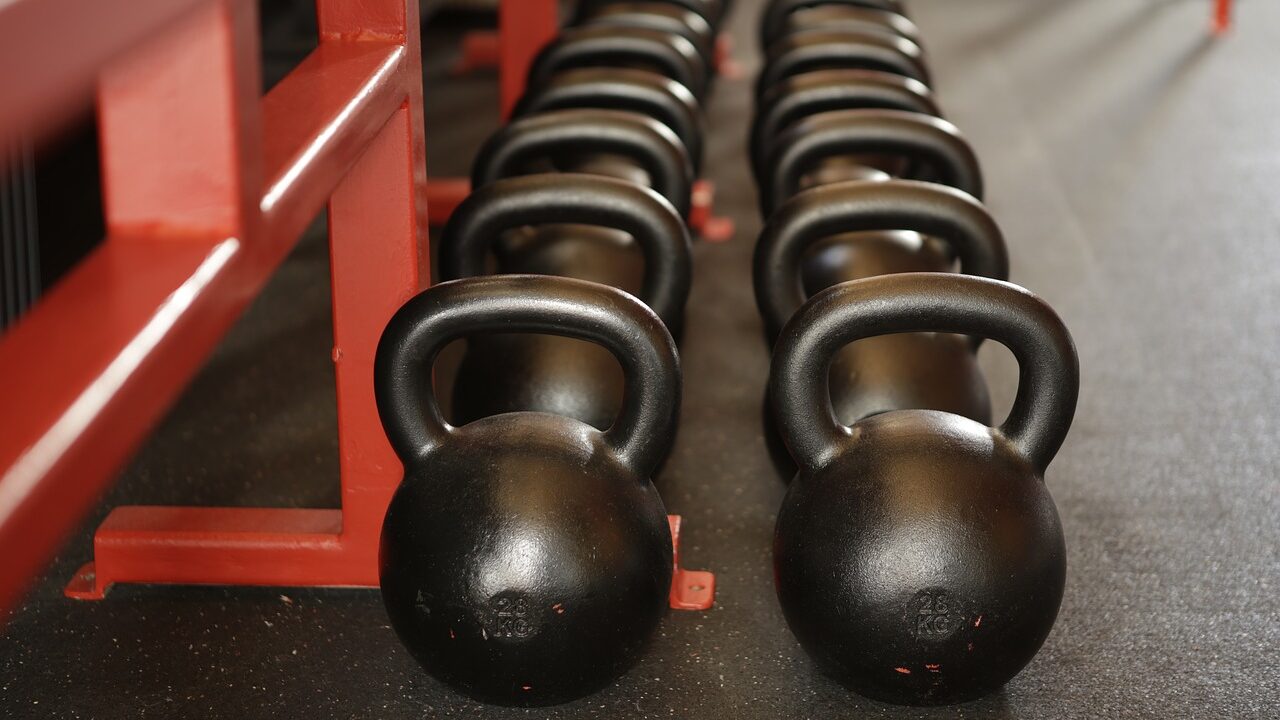
One of the reasons people don’t make good progress in the gym is because they flit from one exercise to another with no clear direction. Trying to come up with a killer workout routine when your already in the gym is a bad idea. By the time you get into the gym decision fatigue has already set in (unless you workout first thing.)
You need all the juice you have for your workout not for working out rep/set ranges.
Get on a program. You don’t need a trainer or even a body builder endorsed program, but you do need a program.
When you walk into the gym you should know what your doing and even better, have it written down!
Just like a daily list, then all you need to do is act, not think!
Getting on a program will reduce your decision fatigue so that after the gym you can still stay productive.
This is true for a workout, for a yoga session or a running session. But it’s not just limited to exercise. Getting on a program will make almost any pursuit more productive.
Want to learn guitar or piano? You don’t sit at the piano and search online for something to learn, no. You get on a program (a book, a teacher, an online class etc.) And you work through it.
Want to learn a language? Get on a program. Taichi? Program. Coding? Program. etc.
GTD Can Reduce Decision Fatigue

To really reduce decision fatigue, a productivity system like GTD is invaluable.
The reason we suffer from decision fatigue in the first place is that there is just too much left unaccounted for in our lives. Career plans, dinner next week, your next holiday, the broken screen, your dream job, your hobby, having kids, learning to cook, loosing weight etc. etc.
Trying to corral all of the different parts of our lives spanning future, past and present is just too much for anyone to do alone. You need a system to do it for you. This is what GTD offers.
GTD will take all of the different aspects of your life off your hands and organize them in a way that you can pay attention to each at the appropriate time.
GTD unburdens you by helping you pre-decide on all these things before you need to. Saving you from decision fatigue in the future.
It only takes 30 minutes to setup your own GTD system and start using it to reduce your decision fatigue today!

